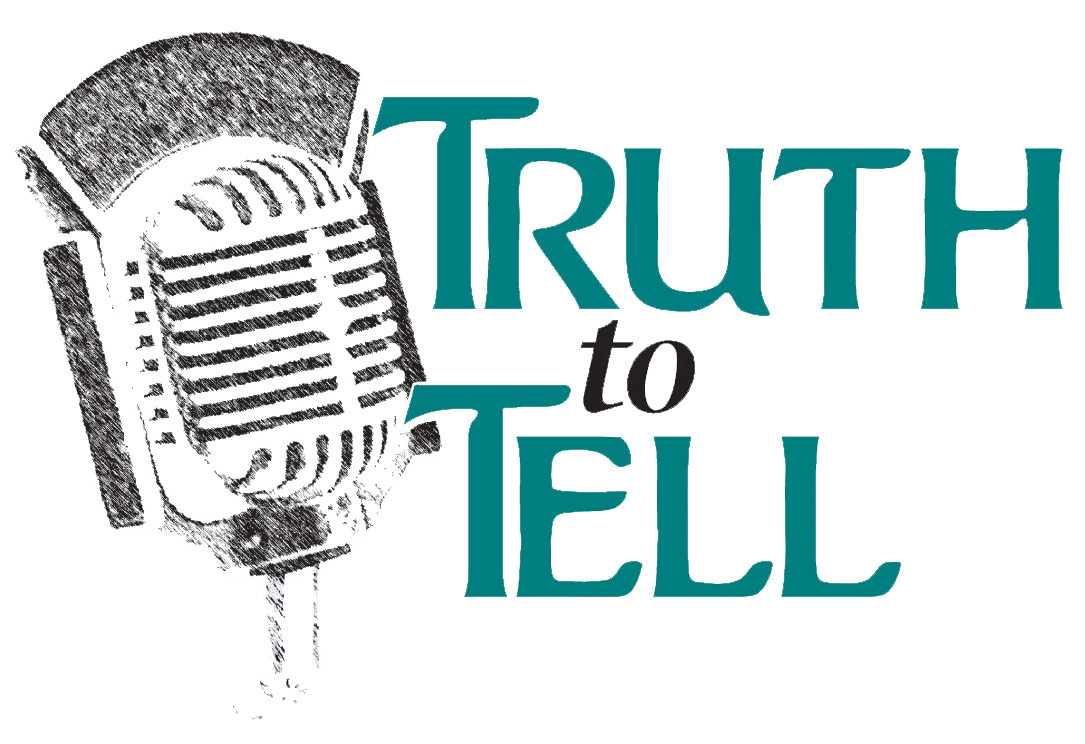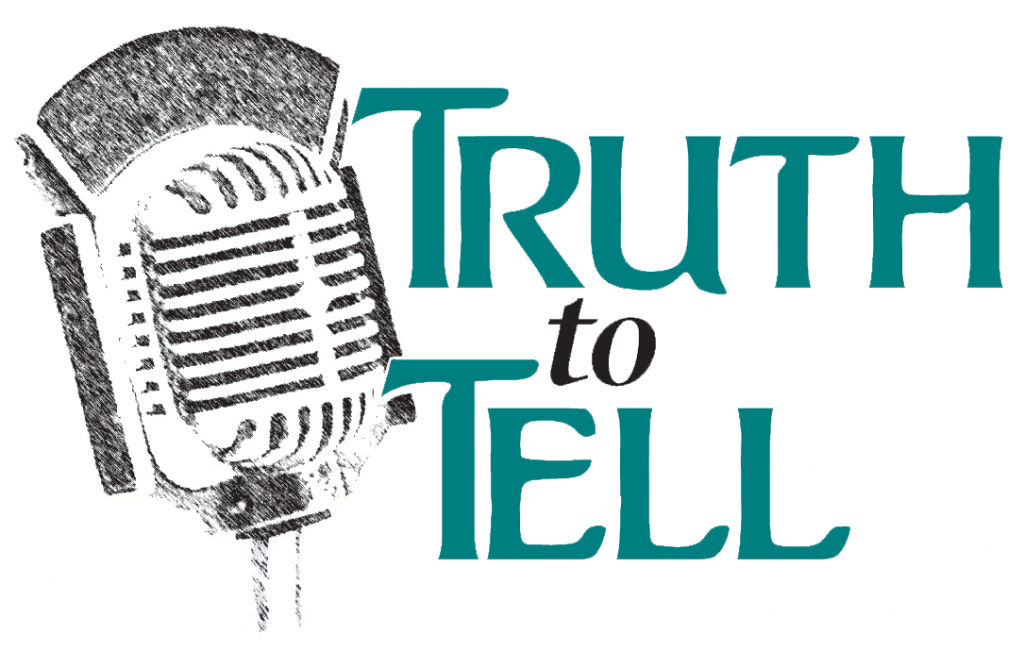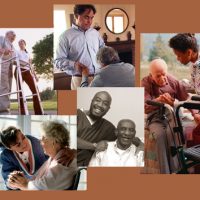ttt1320-may_20-caregiverspcas
HELP US BRING YOU THESE IMPORTANT DISCUSSIONS OF COMMUNITY INTEREST – PLEASE DONATE HERE!
~~~~~~~~~~~~~~~~~~~~~~
Somehow, most of the people we know who are caring for another person, no matter if the caregiver is a family member or a detached professional, we rarely hear about the extraordinary work and, yes, loving, that powers the work that keep homebound aging, sick and/or disabled relatives and clients as comfortable and occupied as humanly possible. Many are too embarrassed to talk about the human frailties that require such care, a sad commentary on society’s intolerance for such things. Often, it’s our wives, mothers, fathers, siblings entering the last stages of life – stages that can stretch ten years or more and often marked by diminished capacity or mobility or both.
Some of our most prominent citizens can be found caring for family members or spelling professional caregivers. Since some of them are known publicly, I can mention them by name. For example, former Governor Al Quie, who must care for his beloved Gretchen with some respite, but very steadily day in, day out. That great lawyer of progressive causes, including Wounded Knee defendants and 1980s Powerlineprotestors, among dozens of others, Ken Tilsen, is himself struggling with severe loss of memory recording while his equally prominent spouse of some 12 years, Connie Goldman, the former arts correspondent for National Public Radio and a multi-book author on volumes about keeping aging people active, tries to care for him. Sometimes, family care is simply not possible; then come the high costs of skilled nursing facilities, for which many public funds are simply not available – including Medicare – which does NOT pay for “custodial” care – care that escorts all of us to our life’s end.
But, for all its nobility, personal and family caregiving is notoriously unheralded and badly underpaid. Even professionals suffer under the assumption that people who do such good works ought to just love the work right into the poor house. Professional caregivers struggle enough, but human services professionals responsible for compensating family members were, until a court order reversing them a short time ago, convinced that if you paid a living wage to a family caregiver, they’d rip off the state, and besides, it’s a family member, after all. Why should they be paid to care for one of their own? Never mind the human and pocketbook costs that can devastate caregivers almost as much as their charges. Never mind the emotional and physical toll such continued concentrated care takes on – not the patient, but the caregiver.
State courts agreed unanimously with caregivers who challenged those state and county bureaucrats’ contention that family caregivers need or deserve that much less than the state is willing to cough up for professional aides, and that ain’t much, either.
Finally, this year, thanks to the efforts of both professionals and family personal care assistants, legislation is on the cusp of providing what the courts have already insisted must be done: adequate compensation and the ability to unionize. The Legislature finally passed the bill just before the session adjourned, barely, thanks to a raft of misinformation scaring the daylights out of independent daycare providers.
TTT’s ANDY DRISCOLL and MICHELLE ALIMORADI talk with personal care assistants and advocates and hear their stories while tracking the work of the legislature and those pressing for measures to empower and professionalize the entire field.
CONNIE GOLDMAN – Author, former Arts Correspondent and Personal Caregiver
BRIDGET SILJANDER – Executive Director at The Youth Legacy Foundation; President and Chair at Direct Support Professional Assoc of MN and Self-Employed Home Health Aide
BOB HINES – President of Mature Voices; Personal Care Assistant to family member; former newscaster, KFAI
GALEN SMITH – Organizer SEIU Healthcare Minnesota, representing Direct Support Professionals
DARLEEN HENRY – Professional Personal Care Assistant



